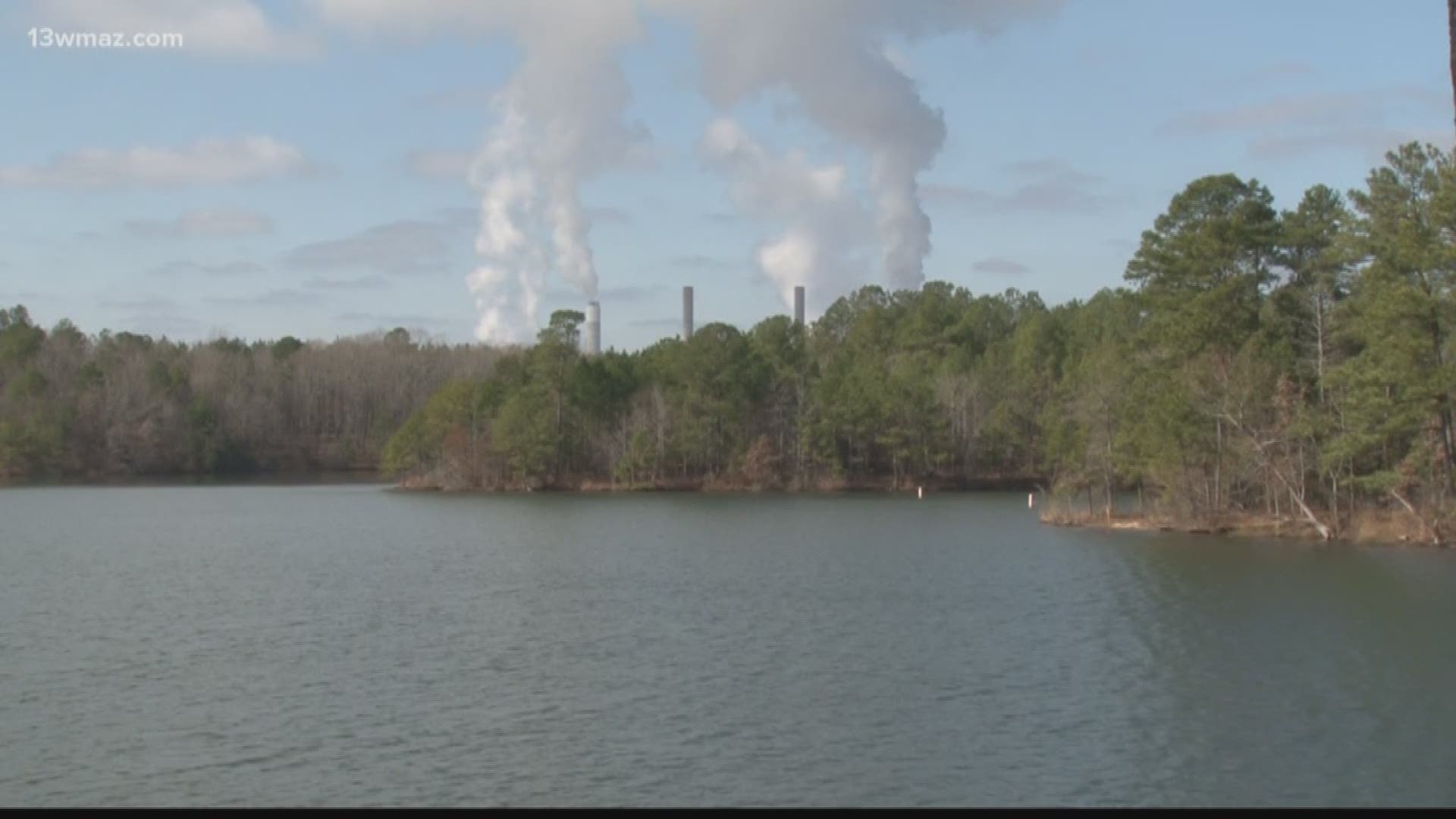Driving down roads surrounding Plant Scherer in Juliette, you'll see signs saying "Georgia Power property" posted everywhere.
Gail Cochran and her husband used to live on Luther Smith Road by the plant, before Georgia Power came knocking on her door.
"They wanted to expand Georgia Power, and our property was one that they needed." Cochran says they didn't want to sell at first. She told Georgia Power at her age, packing up and moving wouldn't be easy.
So the utility giant offered to help them relocate. "They just moved us, packed us up, and moved us and unpacked us," said Cochran.
Georgia Power also gave Cochran a pretty penny for her home on Luther Smith Road. The home was valued at $61,300 according to tax records, Georgia Power paid them nearly double that amount.
"We really settled, when we knew that we were going to do better than what we thought," says Cochran.
Cochran's property was one of 40 properties purchased by Georgia Power since 2016, many selling for double, or even as much as five times the market value listed on the tax records. All the properties border Plant Scherer, the most recent acquisitions bring the total to nearly 1,400 acres.The question is, why did they buy all this land now?
Georgia Power's Manager for Environmental Affairs, Aaron Mitchell, says it's all about the ash pond. He says they need a buffer zone for future construction to close the plant's ash pond.
"Because it will take a number of years, and to create some additional access for the construction activities to aid in both increasing the buffers so we limit the disturbance to the neighbors closest to us during the construction process, and to allow for additional access for the construction activities to actually take place," says Mitchell.
In recent years, environmental groups raised concerns about ponds like the 553-acre ash pond at Plant Scherer. The federal Environmental Protection Agency reports ash can contain dangerous chemicals like mercury, cadmium, arsenic, and boron.
The state Environmental Protection Division routinely monitors them to make sure no toxins seep into groundwater. A few years ago, the EPA tightened regulations on ash ponds, and the state of Georgia adopted an additional rule for them.
Mitchell says all of that prompted the utility to change from the current ash ponds to "dry ash handling. " We asked if the "buffer zone" has anything to do with water contamination.
"No. Absolutely not," says Mitchell.
Cochran says her drinking water on Luther Smith Road was toxin-free. "We had it tested, but ours was OK at that time. I wonder what's really going to happen, but that's just been a door that's been shut," along with the vacant lots around the plant that now stand empty.

